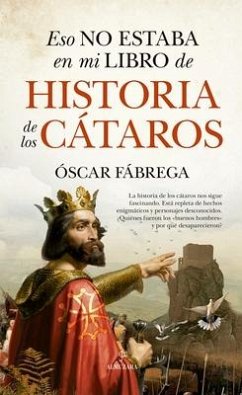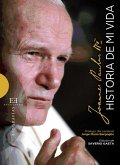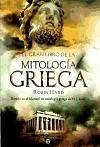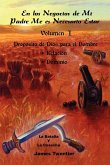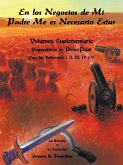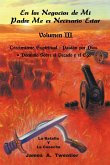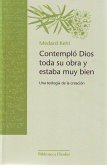Did you know that many Cathars believed in reincarnation? And that they thought giving up on material things was essential to save oneself? What is the relationship between the Occitan Cathars and the Holy Grail? Did the treasure of Montsegur exist? Did they come to pose a real danger to the church of Rome? Did you know that there is a relationship between the literary genre of courtly love and Catharism? And that the Cathars refused to eat meat, had only one prayer (the Lord's Prayer) and did not accept alms? Oscar Fabrega, historian specializing in the history of religions, in addition to exposing and explaining their beliefs, their rituals and their history, echoes endless unknown facts about the enigmatic Cathars of Languedoc. From the mid-twelfth century to the end of the thirteenth, the Cathar movement rose in Occitania, northern Italy, Flanders, Champagne and Catalonia as an authentic alternative church to that of Rome, with its own organization, its doctrine and a curious initiation rite, the "consolament". Radical in their beliefs and imbued with a deep spirituality, the Cathars are the protagonists of a period of great importance for the West. These rebels of the Middle Ages called earthly powers fraudulent, rejected materialism, treated women on equal terms, accepted difference of creed, defended free love and affirmed that hell did not exist. But, above all, the Cathars called into question the authority of the Church and its conception of good and evil, causing the imposed system of values to falter. The response of Catholicism was tremendous: with the support of the French crown, which longed to finally occupy Occitania, the Church launched itself to repress the Occitan Cathar movement with blood and fire. And it managed to finish them off.
Bitte wählen Sie Ihr Anliegen aus.
Rechnungen
Retourenschein anfordern
Bestellstatus
Storno

